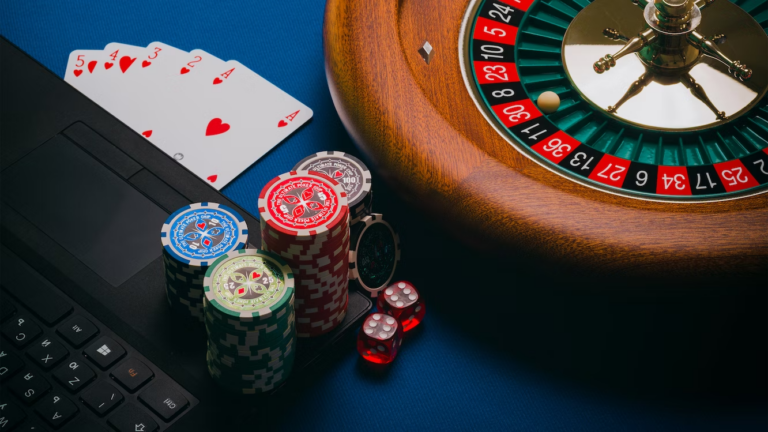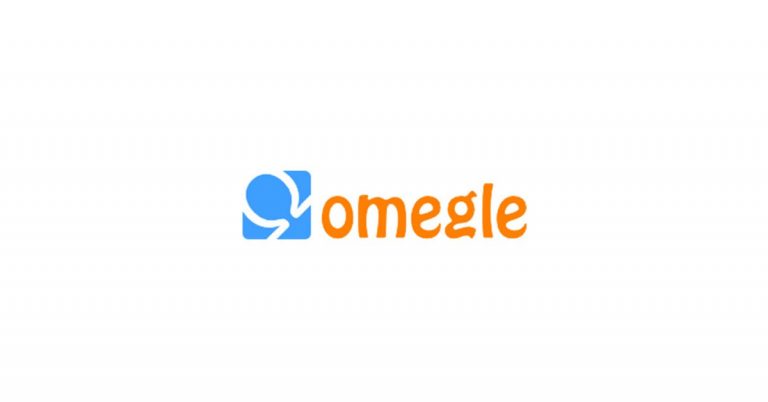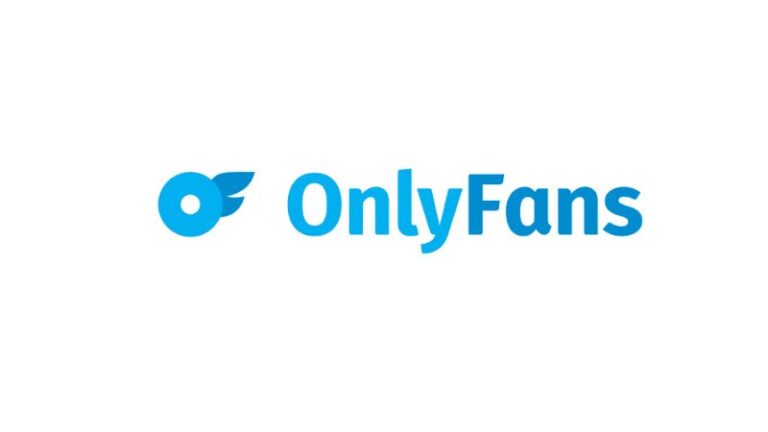Does Cash App Have Buyer Protection?
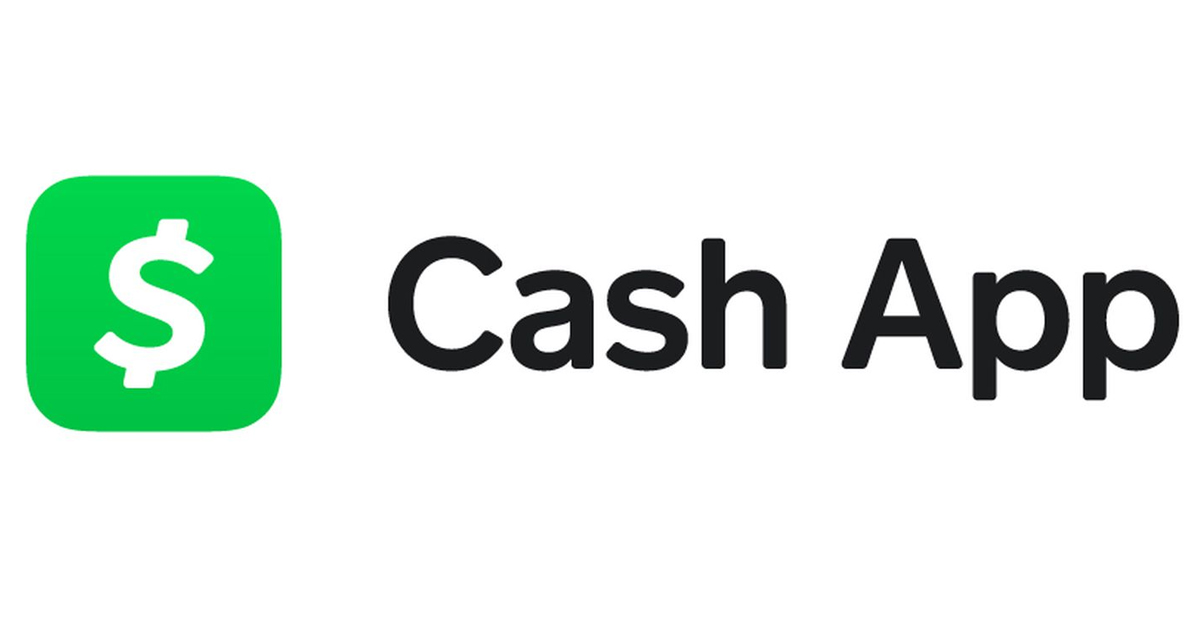
Cash App allows money to be sent to friends and family almost instantly and with low to zero fees, offering a great alternative to having to send money through the banking system which can be slow and expensive. But does Cash App have buyer protection?
Cash App does not have buyer protection as it is not meant for commercial uses. There is a dispute system if the outcome of a transaction was not as expected such as the wrong amount or duplicate billing, or it is fraudulent.
We’ll look at the rules around buying and selling using the Cash App to see if it is possible to send and receive money for businesses, as well as have a close look at the common issues and problems as well as how to solve them.
Chargeback Versus Cash App Balance
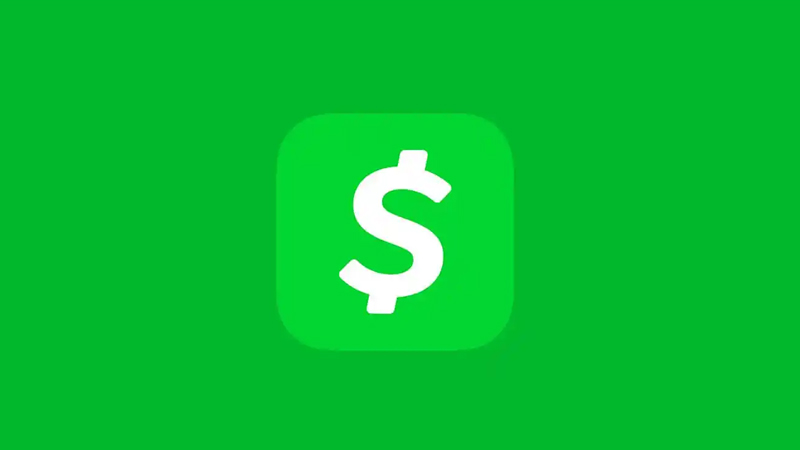
Money that is sent using the medium of a card or bank account does leave the chargeback option available.
You can contact your financial institution or card issuer and open a dispute, meaning it is possible for you to get the money back. Keep in mind that Cash App is likely to kick you off the platform if you abuse this system.
However, if you send money via your Cash App balance, these payments are irreversible.
Cash App’s Fraud and Scam Countermeasures
If you notice that you may have been scammed on Cash App, the company advises you to report the scam by tapping on your profile icon in the top right corner of the app, go to Support and then select Report a Payment Issue.
You will then be prevented with a list of payments, so select the affected payment and follow the prompts.
To prevent people from being scammed, Cash App states that they will never ask for your Cash App PIN or sign-in code, so be wary if ever asked for these by someone you don’t trust or know.
Cash App also advises to never make payments for future benefits, like a deposit for a good. Such transfers will be instant and usually cannot be canceled.
When reviewing whether communication from Cash App is legitimate, look for the correct domain, such as @cash.app, @square.com, or @squareup.com address. If you have an open brokerage account you may receive emails from [email protected].
Consider also setting up the Security Lock setting, which requires every Cash App payment needing a passcode. You can do this via going into your profile on Cash App, select Privacy & Security and then toggling on the Security Lock.
For an extra security measure, enable notifications so that you get either a text or email of every payment.
What is Cash App’s Protection Program?

Cash App cannot guarantee a refund if you don’t receive what you pay for. Cash App is therefore not responsible for your purchase using Cash App if you receive a faulty item or do not receive anything at all.
Their main buyer/seller protection comes in the form of disputes. These primarily come in the form of an unexpected transaction on your Cash Card or an issue with a past transaction.
If you haven’t already, contact the merchant directly and bring up your issues with the transaction. If this fails, find the transaction in Cash App and then tap the Activity tab on your Cash App home screen.
Look for the transaction in question and tap the three dots in the top right corner of the screen, and then select Need Help & Cash App Support followed by tapping Dispute this Transaction.
A short investigation will be undertaken, where the merchant will also be contacted for an explanation. At this point, the card network will make a final decision and your dispute will either be upheld or canceled
A fraudulent transaction is handled slightly differently, as you were unlikely involved in the first place. It involves someone stealing your money, gaining unauthorized access to your account, or other types of fraud.
These types of unauthorized payments are normally easy to determine and should see you get a refund relatively quickly.
In the end, Cash App is not meant to replace traditional ways of sending money to people, as these are covered by consumer protection laws that offer you some redress if the transaction goes awry.
Cash App has a limited usage in that it is meant to help you send money to family and friends easily, not perform business transactions with people you don’t know or trust.

